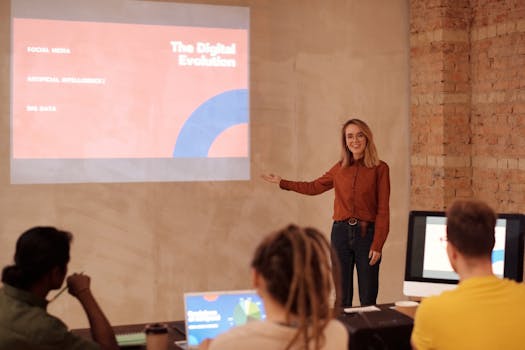
The Future of Education: What 2025 Holds
Introduction to the Future of Education

The future of education is rapidly changing, with emerging technologies, innovative approaches, and shifting societal needs transforming the way we learn. As we approach 2025, it’s essential to explore the trends, challenges, and opportunities that will shape the education landscape. The future of education in 2025 will be characterized by personalized learning, artificial intelligence, and immersive technologies, making learning more accessible, effective, and engaging.
Emerging Technologies in Education

Several emerging technologies will play a crucial role in shaping the future of education. Some of the key technologies include:
- Artificial Intelligence (AI): AI will be used to create personalized learning plans, adaptive assessments, and intelligent tutoring systems, allowing students to learn at their own pace.
- Virtual and Augmented Reality (VR/AR): VR/AR will provide immersive and interactive learning experiences, making complex concepts more engaging and accessible.
- Blockchain: Blockchain technology will enable secure, transparent, and decentralized management of educational records, certifications, and credentials.
Personalized Learning and Adaptive Assessments

Personalized learning will become the norm, with AI-powered systems tailoring learning experiences to individual students’ needs, abilities, and learning styles. Adaptive assessments will continuously evaluate student progress, providing real-time feedback and adjusting the learning path accordingly.
Online and Blended Learning

Online and blended learning will continue to grow, offering flexible and accessible learning opportunities for students worldwide. MOOCs (Massive Open Online Courses), online degree programs, and blended learning models will become increasingly popular, allowing students to learn from anywhere, at any time.
Conclusion and Future Directions

The future of education in 2025 will be shaped by emerging technologies, personalized learning, and innovative approaches. As we move forward, it’s essential to prioritize accessibility, equity, and inclusivity, ensuring that all students have access to quality education, regardless of their background or location.



